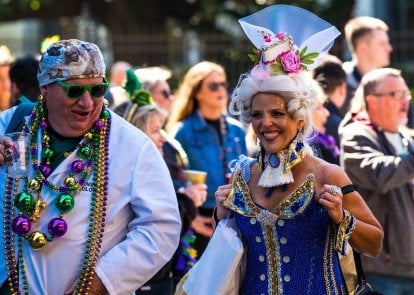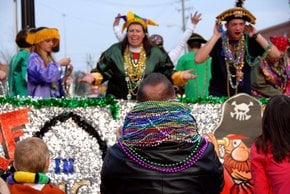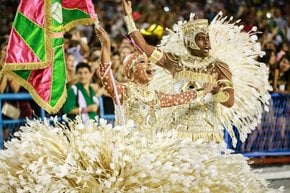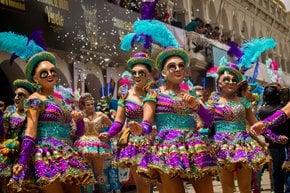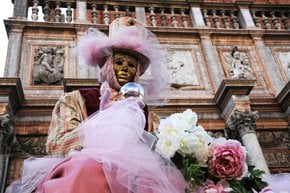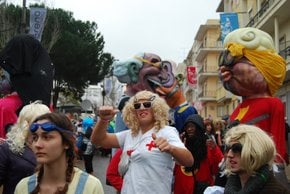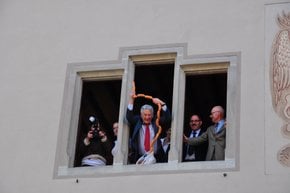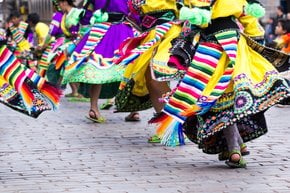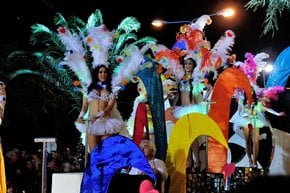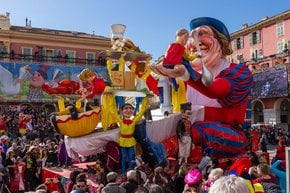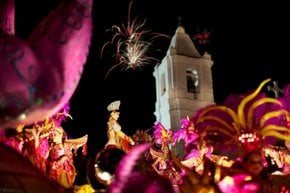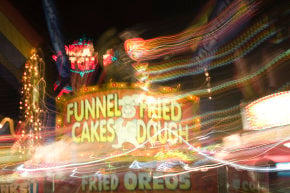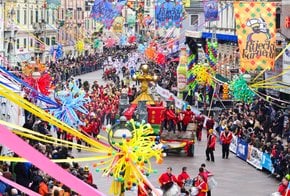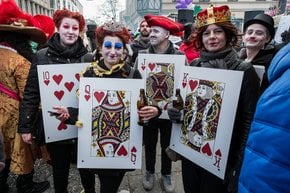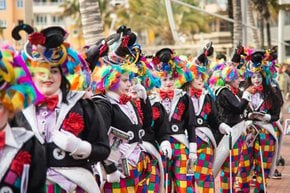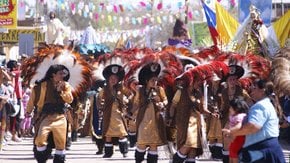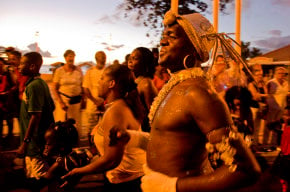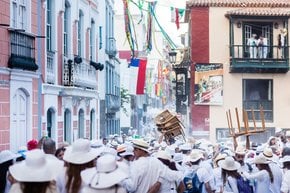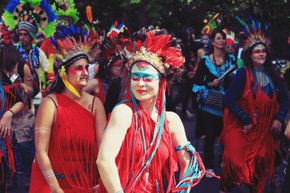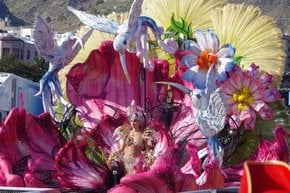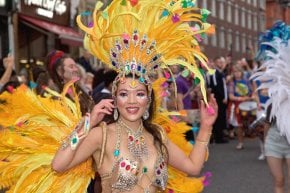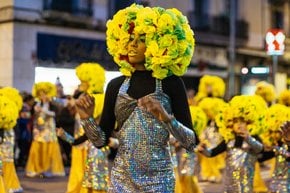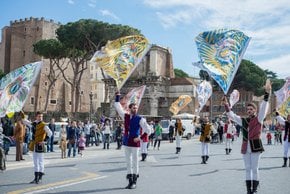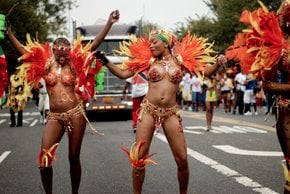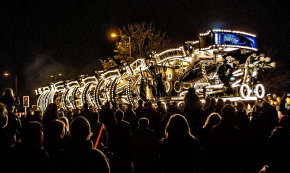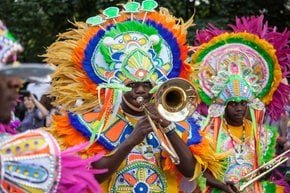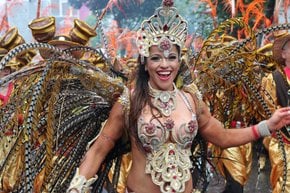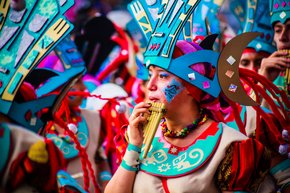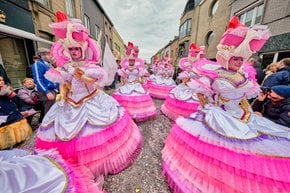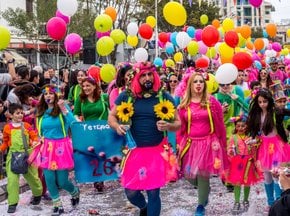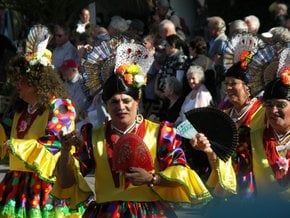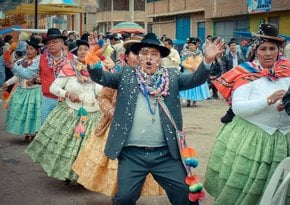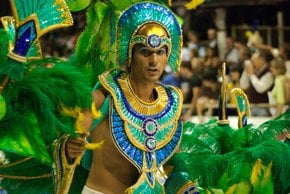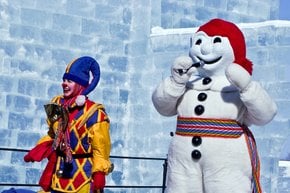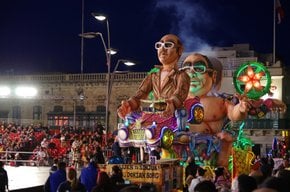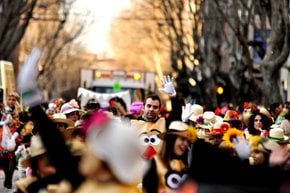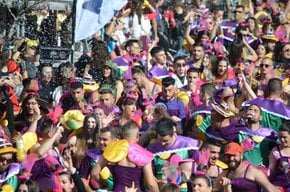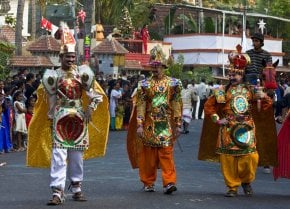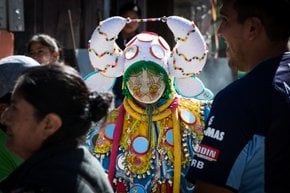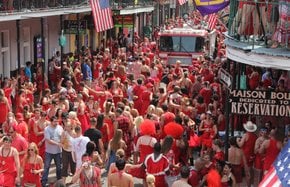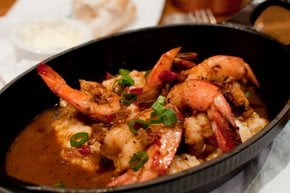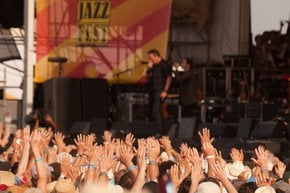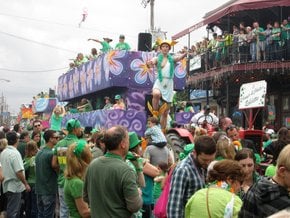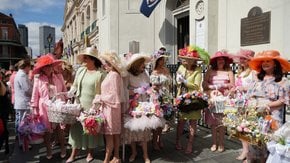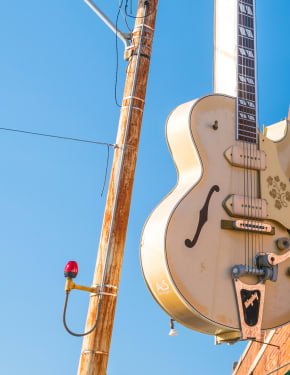Mardi Gras 2025 in New Orleans
The festival that has made New Orleans famous!
Dates: March 4, 2025
Mardi Gras, often referred to as "The Greatest Free Show on Earth," is one of the most iconic festivals in the United States. Known for its vibrant parades, elaborate costumes, and rich cultural traditions, the 2025 Mardi Gras season in New Orleans promises a unique blend of history, entertainment, and local flavor.
Activities and Highlights
Mardi Gras celebrations begin on January 6, 2025, the Feast of Epiphany, and culminate on Fat Tuesday, March 4, 2025. The festival features a variety of parades, performances, and community gatherings, with something for everyone.
Mardi Gras Parades
Parades are the heart of Mardi Gras, showcasing intricately designed floats, marching bands, and costumed participants. Iconic krewes such as Rex and Zulu organize events on Fat Tuesday, while other notable parades, including Bacchus and Endymion, take place in the days leading up to it.
Indians Parade
The Mardi Gras Indians Parade is another standout event, which features two renowned New Orleans groups, each showcasing their distinct style, dance, and intricate costumes. These groups compete in a display of art and craftsmanship. The parade kicks off with an impressive performance by the two group leaders, known as the Big Chiefs, who engage in a chant and a ceremonial dance.
Throws
Catching "throws" like beads, coins, and trinkets from floats is a cherished tradition. Some parades offer unique items, such as coconuts or themed collectibles, making each experience distinct.
Mardi Gras Balls
Each krewe's King and Queen work all year for their spectacular ball, with their identities kept secret until the event. Most balls are formal, private affairs where debutantes are introduced to society. Women dress in ball gowns, hoping to be issued a "call-out" card for a dance. Invitations to the older, more aristocratic balls are highly coveted and considered valuable works of art.
The "Super Krewe" Balls are indoor extravaganzas held by Bacchus, Orpheus, and Endymion, featuring top-name performers and elaborate celebrations. These balls have transformed Mardi Gras from exclusive events to inclusive spectacles enjoyed by tourists and locals alike. Everyone dresses formally to enjoy the parade, entertainment, and food all night long.
French Quarter
Visitors flock to the French Quarter to enjoy live music, street performances, and elaborate costumes, though this area is more suitable for adult crowds.
Schedule and Timings
Mardi Gras in New Orleans promises a vibrant schedule of events from January 6 to March 9. The main celebration takes place on Tuesday, March 4, featuring a series of parades in various locations. In Metairie, the Krewe of Argus begins at 11 am, followed by the Krewe of Elks Jeffersonians.
Uptown New Orleans kicks off with the Krewe of Zulu at 8 am, the Krewe of Rex at 10:30 am, followed by the Krewe of Elks Orleans and the Krewe of Crescent City. In Covington, the Covington Lions Club parade starts at 10 am, followed by Carnival in Covington. Over in Folsom, the Krewe of Folsom parade takes place at 2 pm.
Historical Context
The origins of Mardi Gras in New Orleans date back to the early 18th century, brought by French settlers. Over time, the celebration evolved to include parades, krewes, and unique traditions. The Rex Organization, founded in 1872, played a significant role in establishing the purple, green, and gold color scheme, symbolizing justice, faith, and power. According to local historians, these colors were chosen to mimic tricolor flags of other nations.

